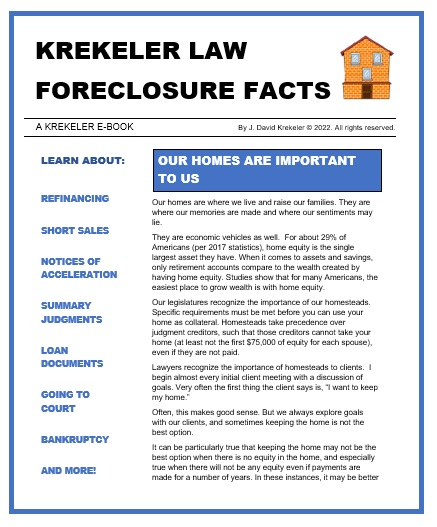
The Fair Debt Collection Practice Act (FDCPA), prohibits misleading an unsophisticated debtor.
An “unsophisticated debtor” is “one who is uninformed, naïve and trusting, but does possess rudimentary knowledge about the financial world, and is wise enough to read collection notices with added care.”
When bringing these claims that a debt collector’s communication was misleading, the Court will view the claim in one of three categories:
- Cases where the language is clearly and obviously not misleading
- Cases where the language used is not deceptive or misleading on its face, but might be construed to be confusing or misleading to the unsophisticated debtor
- Cases in which the language is plainly false, deceptive, or misleading
Cases falling under Paragraphs 1 and 3 above require no additional evidence. The communication itself is sufficient.
A case in which the communication and its effect are doubtful requires some additional evidence.
We are in the 7th Circuit, and the law in this circuit is that the Plaintiff must produce extrinsic evidence, such as consumer surveys, which will tend to show that unsophisticated debtors would in fact be confused or mislead by the language in question.
In these instances, the Plaintiff must produce additional evidence beyond the testimony of the Plaintiff herself, or the case may be dismissed. See Johnson v. Enhanced Recovery Company, LLC No. 2.

